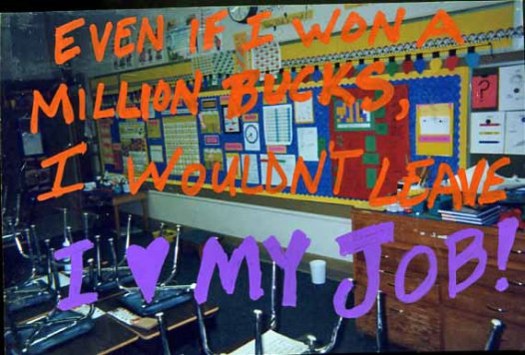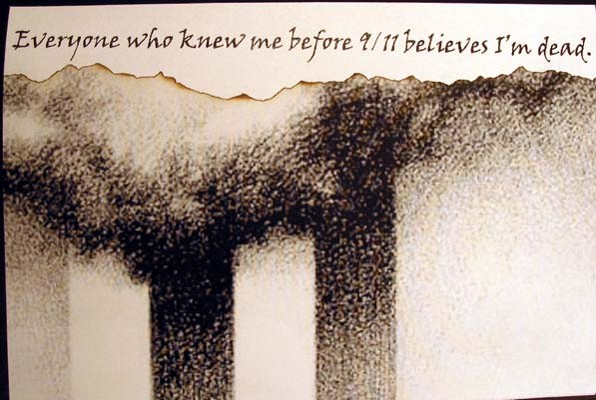Long Live Secrets on the Internet

Zygotehaasnobrain/Shutterstock.com
The app Secret may be dead, but people have been confessing things to strangers for centuries.
The advice column, as a format, is widely believed to have started in 1691, in a periodical called the Athenian Mercury. In the magazine's six-year run, it published thousands of questions and responses. Queries like:
Is the soul born with the body?
Why can an owl see better by night than by day?
Which is most noble, to love or to be beloved?
Is it proper that women should be learned?
How can a spider sustain herself by a thread of her own web?
If the moon borrows her light from the sun, why do they differ in complexion?
Why are no two voices and faces exactly alike?
What is time?
The Athenian Mercury's promise was to remove "difficulties and dissatisfactions... shame or fear of appearing ridiculous," according to J. Paul Hunter in his book, Before Novels: The Cultural Contexts of Eighteenth-Century English Fiction. It was also the closest thing people had to Google 324 years ago. Which makes sense if you think of search engines as having simply picked up, at the most basic level, where print newspapers left off.
"Newspapers, if anything, provided a secular transition of the centuries-old tradition of advisor and confessor," wrote David Gudelunas in Confidential to America: Newspaper Advice Columns and Sexual Education. "Seeking advice from a prominent official was now a public act, and it proved to be a successful business enterprise."
A public act, maybe, but still a secret one.
Which is why you can't look at confessional apps today—like Secret, which announced on Wednesday it's shutting down—without first looking back to the earliest iterations of the advice column. "These initial advice pages allowed for the development of a paradoxical intimate relationship between the reader and the advisor while simultaneously maintaining a parallel relationship between the reader and the larger community," Gudelunas wrote. "The advice column in its origins, then, is really more of a mobilization of the public sphere than simply a site of salacious tales."
But even salacious tales are more than just that. The spilling of personal secrets online, a practice borne of the print tradition of asking for advice, is similarly greater than any individual secret. Before apps like Secret and Whisper, there wasGroup Hug and PostSecret—the inspiration for which came from early-aughts projects like Found magazine, which publishes scraps of found paper like grocery lists and notes left on windshields, and confessions in public spaces like bathroom graffiti. PostSecret began by asking people to mail their secrets on postcards that would then be scanned and published online. Subject matter runs the gamut from heartbreaking to silly to uplifting to shocking.


"When other people hear people sharing secrets it allows them not to feel alone," said Frank Warren, the founder of PostSecret. "It allows them to feel almost instant empathy and it gives them courage to face and share." PostSecret still has a website, but it shut down its app three years ago after only a few months because Warren was concerned about bullying and hackers who made community members feel unsafe, he said.
The appeal of telling an anonymous secret is as much the anonymity as it is the catharsis of revealing something. And anonymity has as venerable a history online as advice-seeking had in print. "I see Whisper, Secret and others as part of the same movement as Snapchat and Glimpse," said Ethan Zuckerman, the director of the MIT Center for Civic Media, in an interview last fall. "When everything is on the record and attributable, we're all feeling a need to breathe. That might mean being able to have a one-on-one conversation that's hard to archive, or to have a space where you can truly speak freely.
"Most of the new systems out there aren't working hard enough on the crypto to actually promise anonymity—what they're promising is the idea of anonymity, the bending of the social norms enough to encourage a different type of speech."
And the idea of anonymity may be enough for people who are trying to figure out who they are—in public, in private, and in between. The fuzziness of the boundaries between those modes echoes a cultural shift in what it means to be online. Because aren't we always online these days? And if so, what does that mean for a person's identity? Or, rather, what does it mean for the tradition of anonymity on the Internet?
"The web is a very powerful place where we can express parts of who we are in ways we just can't in our everyday social lives, which I think is powerful, liberating, a little bit scary and can be very uncomfortable to people in the short term," Warren told me. "But in the long term, I think it allows us to work out some of the parts that are hidden within us individually and as a culture. It's a difficult process. But it's always healthy to illuminate those parts of us that are otherwise in darkness."
(Image via Zygotehaasnobrain/ Shutterstock.com)
NEXT STORY: Astronauts Will Get Dumber on Their Way to Mars





